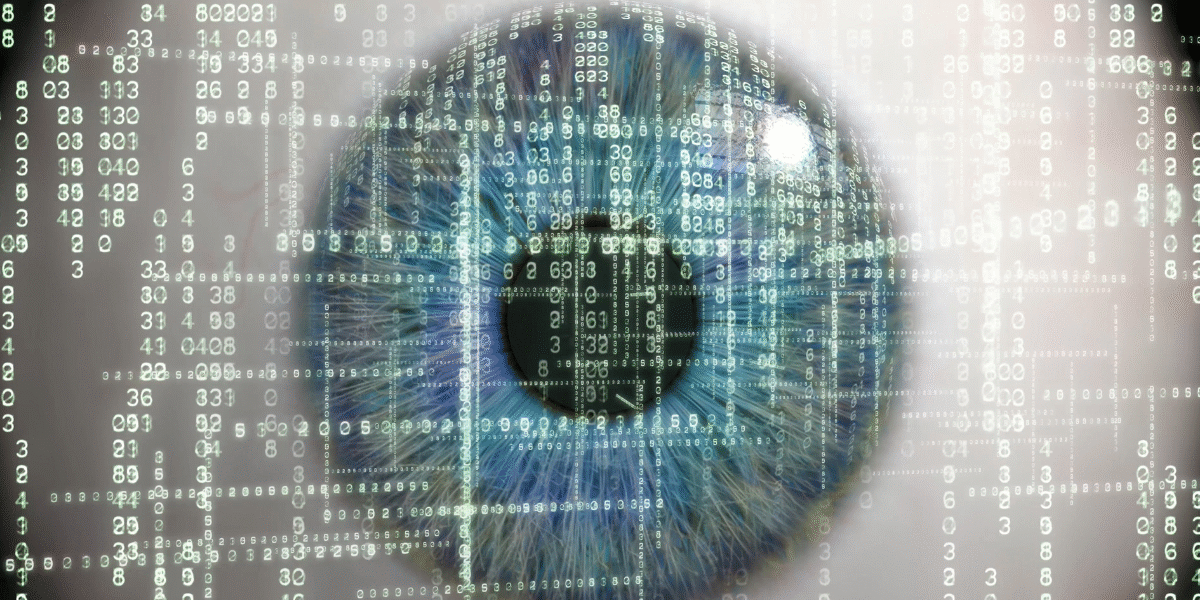Imagine this: You see multiple healthcare providers, may even specialty providers for various personal reasons. There’s a ton of healthcare data about you—doctor visits, prescriptions, lab results. Now imagine if the federal government and big tech said, “We’ll gather that for you… for better health.” Sounds convenient, right? Until you realize: at what cost?
That is exactly the conversation CMS and HHS have ignited with their latest initiative to build a patient-centric digital health ecosystem. They are pitching it as a more connected healthcare experience for all patients. Let’s unpack this with a dash of reality.
The Vision
On July 30, 2025, the White House and CMS unveiled a plan aiming to “modernize healthcare” by enabling seamless, secure access and exchange of medical records across platforms. Think apps, payers, and providers all playing nice in the sandbox. The goal: to empower patients with tools to manage their health, ditching login fatigue, technology literacy, and doing away with proprietary EHR system silos. This “upgraded” scenario includes:
The Projected Upside:
-
A one-stop access to health records = less “phone tag” with your doctor, less confusion, all information at the point-of-care.
-
Developers can build smart tools—think conversational AI and apps that help manage chronic conditions like diabetes or obesity.
-
Reduced friction, less paperwork, and greater real-time data integration.
The Red Flags: Why We Should All Pay Attention
-
Beyond Healthcare: The Slippery Slope
Healthcare leaders often tout “patient-centered innovation,” but once the infrastructure is built, who else gets to tap in? Critics warn of mission creep: today it’s hospitals and insurers, tomorrow it’s employers or marketers. When your habits become a commodity, you can expect repercussions from employment, insurance, prior authorizations, and more. Do you really want the federal government to know everything you do and what personal issues you may prefer to keep personal? -
ICE and the Medicaid Data Controversy
Is this just another way to identify and go after groups of people? Critics note that undocumented immigrants, who often pay taxes, previously viewed this data as confidential. In July 2025, the Department of Health and Human Services (HHS) shared Medicaid enrollee data with ICE, reportedly to identify individuals not legally entitled to benefits. Extensive state databases could be leveraged to enhance the federal government’s immigration enforcement efforts. -
Big Tech’s Hands on Your Data
Do you really want Apple, Amazon, Google, and OpenAI to have access to your healthcare data? Once your data becomes public, you can’t “change your password” on a cancer diagnosis, an STD, or a depressive episode. Without airtight regulations, the same algorithms that suggest your next television show could begin profiling then predicting your next denial of medical treatment.
The Takeaway
It is already underway, just quietly and under the covers right now. The Department of Agriculture told states last month they will need to turn over the names, Social Security numbers, addresses and dates of birth of the tens of millions of people who applied for federal food aid under the Supplemental Nutrition Assistance Program (SNAP) over the last five years. And earlier this month, federal health officials shared data about millions of Medicaid recipients from a handful of states with the Department of Homeland Security, which oversees immigration enforcement. This White House and CMS initiative to “modernize healthcare, is frightening, and reminiescent of Big Brother. Not only can this harm more people than it will help, a nationwide database could become a high-value target for hackers.
Why MedKaz Is Different
MedKaz takes a different path. It was designed with one belief in mind: your health record should belong to you—not a corporation, not a government agency. With MedKaz, you:
-
Carry your complete health history on a secure, portable device that lives with you, not on a server farm.
-
Stay in control of who sees your records and when—no hidden data sharing, no fine print.
-
Protect your privacy while still avoiding medical errors, duplicate tests, and unnecessary costs.
Innovation should never mean trading away trust. MedKaz proves that healthcare can be both connected and protected—giving patients the access they deserve without handing over their most personal information to outsiders. Because true patient empowerment doesn’t come from a federal healthcare database or a big tech platform. It comes from patients having the final say on what information they want to share, and how.







